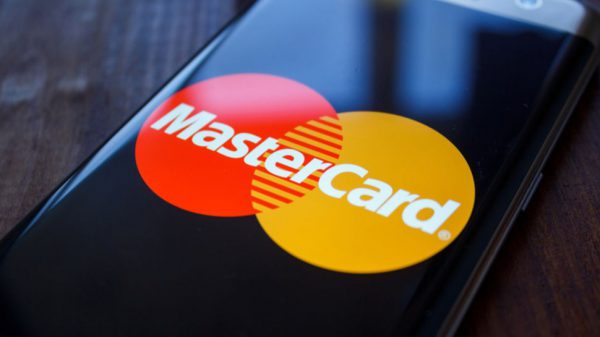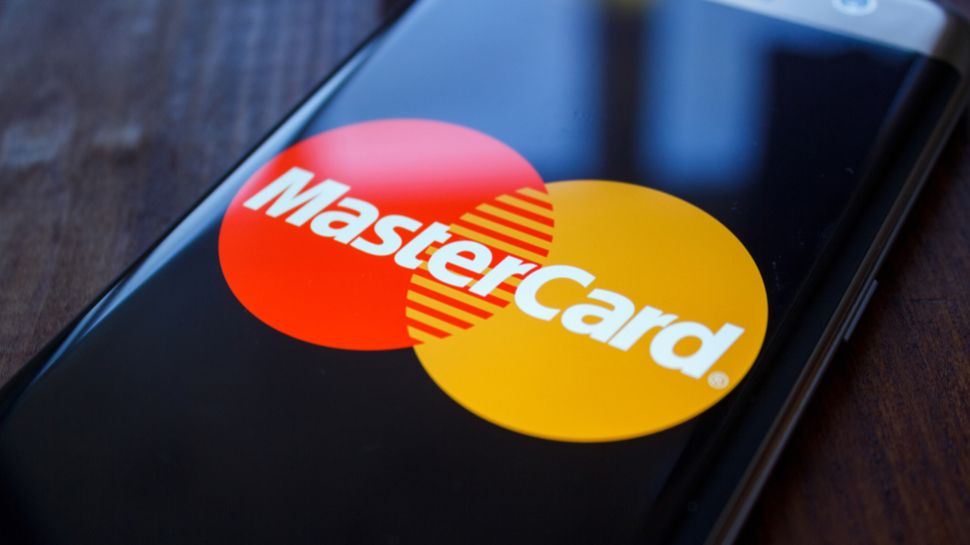SINGAPORE, 27 January 2021: Mastercard announced it is applying the latest quantum-resistant technologies to develop the next generation of contactless payments so that consumers continue to enjoy high levels of security.
The new Enhanced Contactless (Ecos) specifications are an industry-first and will help ensure contactless technology is future-proofed as the dynamic digital landscape evolves and new technologies like quantum computing are introduced.

The demand for faster, more convenient, safer and now cleaner ways to pay has driven the transition to contactless. This trend will only continue to grow. In fact, in the third quarter of 2020, contactless penetration represented 41% of in-person purchase transactions globally, up 30% from a year ago.
Mastercard has been spearheading the transition to contactless payments and developing specifications like Ecos to support industry standardization efforts and ensure the entire ecosystem benefits from higher levels of security.
“Contactless is the present and future of in-person payments. 2020 brought with it a rapid acceleration of digitization and reinforced the importance of digital solutions – like contactless – to help meet our everyday needs,” said Mastercard, president cyber and intelligence, Ajay Bhalla.
The new specifications will help ensure any device truly can be a payment device while eliminating the need for a backup swipe or dip of a card.
Ecos leverages new quantum-resistant technology to deliver next-generation algorithms and cryptographic key strengths while keeping the contactless interaction under half a second.
The new specifications deliver advanced protection when account information is shared between the card or digital wallet and the checkout terminal. Ecos builds on the increased requirements to support various privacy regulations.
As the new specifications are activated over the coming years, consumers and merchants can expect a seamless transition. Digital wallets, mobile payments, contactless cards and point-of-sale terminals will continue to work as they do today.







